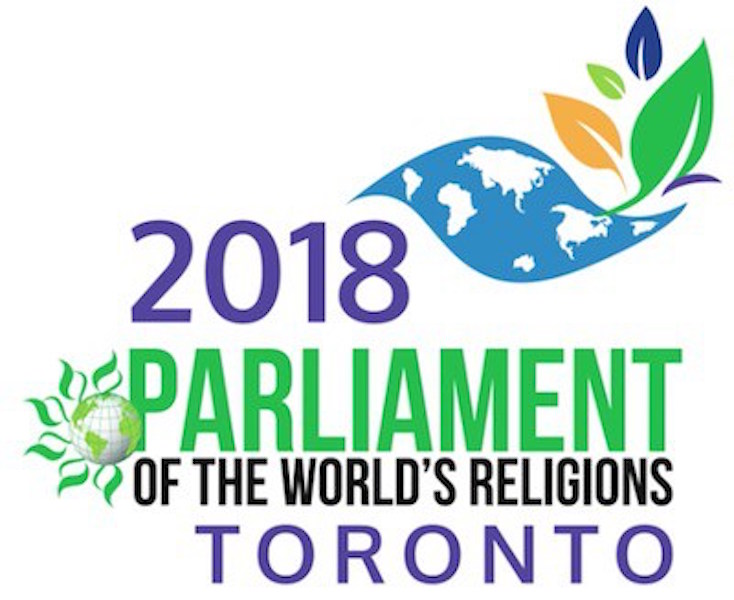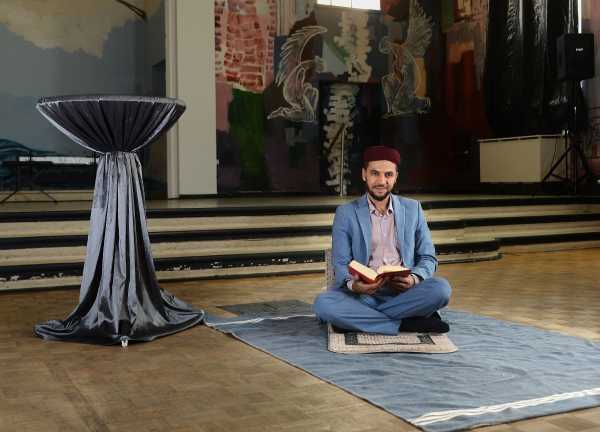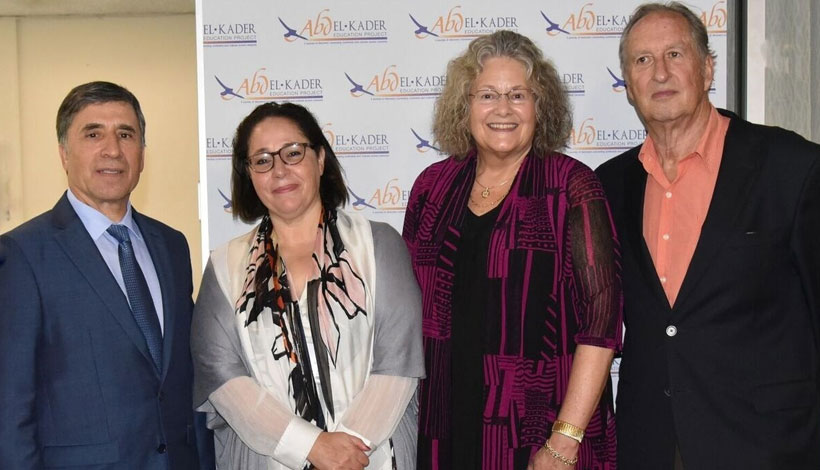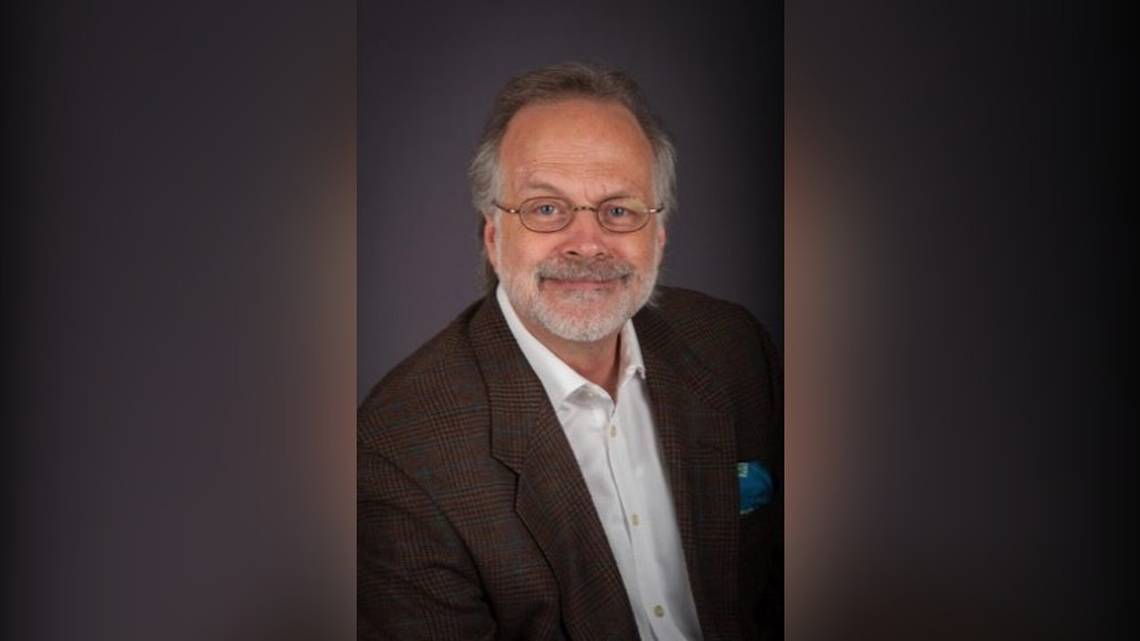By Charles Upton
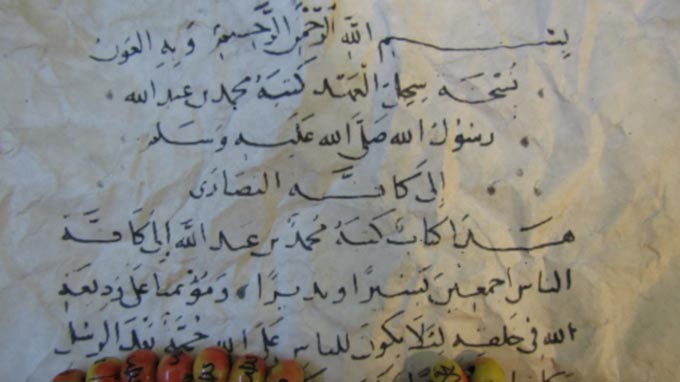
In early May of 2017, the Library of Congress in Washington DC released digital copies of the Covenants of the Prophet. The precious documents were among the 1,687 manuscripts that were microfilmed at the Eastern Orthodox Monastery of St. Catherine’s on Mount Sinai in 1949. Part of the LOC’s collection for over nearly seventy years, the Covenants of the Prophet were only previously available to researchers who requested to view them in person.
You may be interested
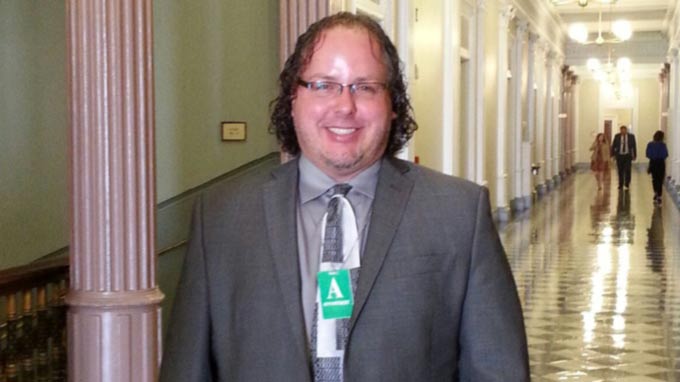
When Dr. John Andrew Morrow visited the Library of Congress in November of 2014 to study and make digital copies of the Covenants of the Prophet, Margaret Kieckhefer, the Senior Information and Reference Specialist, was stunned: “You are the only scholar who has consulted the Covenants of the Prophet. All the other scholars who come here are only interested in the Christian manuscripts.”
For years, the Covenants of the Prophet were the personal treasure trove of Professor Morrow. As far as other scholars were concerned, the Muhammadan Covenants could only be found at St. Catherine’s Monastery in Egypt. “Considering that many Covenants of the Prophet were destroyed by fanatics and extremists in the past, and that the terrorists of our times are determined to destroy them, I was relieved to know that copies of them were safely stored in the Library of Congress,” explained Morrow.
Reaction to the release of the Covenants of the Prophet has been mixed. As Dr. Morrow expressed, “I am both sad and glad that these invaluable documents have been placed online under public domain. In the past, I had a monopoly over the manuscripts. This allowed me control over content. Anyone who wished to work in the field had to work with me directly or indirectly. Now, the field is wide open to both friends and foes alike. I am glad, however, that other academics will have access to these primary sources and I hope that they will stimulate scholarship for centuries to come.”
Rachida Bejja, a supporter of the Covenants Initiative, viewed the public dissemination of the Covenants of the Prophet as positive: “Prior to the publication of The Covenants of the Prophet Muhammad with the Christians of the World, there was virtually no knowledge of these documents and even less interest. I am convinced that the Library of Congress published the Covenants of the Prophet online in response to the popularity of Professor Morrow’s ground-breaking book.”
Héctor Horacio Manzolillo, a political commentator and analyst, was far more cynical regarding the public release of the Covenants of the Prophet. “Dr. Morrow is a pioneer in this field. He published The Covenants of the Prophet Muhammad with the Christians of the World in 2013. In 2017, he was set to publish Six Covenants of the Prophet Muhammad with the Christian Communities of His Time in over a dozen languages along with the 2-volume Islam and the People of the Book: Critical Studies on the Covenants of the Prophet. As was well-publicized, he was planning to publish the collection of Muhammadan Covenants he had gathered from Mount Sinai and other archives. That project has been scuttled by the Library of Congress. Their timing is certainly suspicious. It is as if they stabbed Dr. Morrow in the back. If they had the Covenants of the Prophet since 1950, why are they just making them available to the public at this very moment?”
In the mind of Manzolillo, the reason behind the release is clear: “The Covenants of the Prophet are an inconvenient truth. They were hidden for centuries. It was thanks to the work of Dr. Morrow that they were resurrected and made relevant. Since the enemies of truth cannot silence Morrow’s voice, they want to drown it out by opening the floodgates; namely, by financing scholars-for-dollars to refute his findings and marginalize his scholarship. The Covenants of the Prophet present a previously ignored societal model that poses a threat to existing power structures. By championing the Muhammadan Covenants, Morrow has made enemies, not only of non-Muslims but of Muslims as well. Whether they are Sunnis or Shiites, the states they have created are inconsistent with the teachings of the Prophet. They tried to ignore Morrow’s findings but they failed. They tried to co-opt Morrow’s findings but he stood firm. Now they seek dilute his findings and re-direct research to castrate the Covenants of the Prophet, make them apolitical, and transform them into ‘historical curiosities’ without practical applications.”
Whether one is positive or negative when it comes to the decision of the Library of Congress to publicly release the Covenants of the Prophet from the Monastery of Saint Catherine at Mount Sinai, the scholarly foundations established by Dr. John Andrew Morrow will remain firmly entrenched. His academic accomplishments have inspired scores of scholars, including the likes of Abdurrahman Abou al-Majd, Eduardo Wassim Abou Ltaif, Zafar Bangash, Kevin Barrett, Bouchra Belgaid, Craig Considine, Mohamed Elkouche, Rosinda Etchegoyen, Naglaa Hassan, Evangelos Katafylis, Qasim Rashid, Reza Shah-Kazemi, Muhammad Sultan-Shah, Walaa Nasrallah, and Ahmed El-Wakil, among many others who are following in his scholarly footsteps.
As Héctor Manzolillo explained, “Considering the socio-political implications of the Covenants of the Prophet, this scholarly interest is precisely what the powers-that-be wanted to prevent. They have used every means possible to convince people in Higher Education and in high-ranking political positions that the Muhammadan Covenants were forged by monks to protect their lives and to obtain other benefits from Muslim rulers. When the Covenants of the Prophet Muhammad with the Christians of the World was published in 2013, articles and ‘scholarly’ studies surfaced alleging that the treaties in question were false and, indirectly, that Morrow was a liar because he based his findings upon them. Nonetheless, the sun continues to spread its light: the importance and veracity of the Covenants of the Prophet continues to spread in all directions: north, south, east and west. Since the truth of the treaties continues to spread, it seems that a new tactic has been developed to negate their importance and impact, particularly in the field of international politics, since the Covenants demonstrate, once and for all, that all the terrorism that is attributed to Muslims and which is devastating entire regions of the planet is un-Islamic. It has nothing to do with Islam. In fact, it is the invention of the enemies of Islam.”
When asked to help guide students and scholars through the massive collection of manuscripts, Dr. Morrow was as gregarious as ever: “Researchers should be pointed to the main page of the collection: (https://www.loc.gov/collections/manuscripts-in-st-catherines-monastery-mount-sinai/about-this-collection). The reel titled Arabic Firmans 1-48. Covenants of the Prophet and Decrees(https://www.loc.gov/item/00279389013-ms) contains five copies of the Covenant of the Prophet in Arabic. The first three date from 1737-1738, 1778, and 1800-1801, while the final two are undated. Scroll 77: Arabic Firmans 961, Addendum, contains a copy of the Covenant of the Prophet in Arabic (https://www.loc.gov/item/00279389153-ms). Microfilm Turkish Scrolls, Reel 1681, however, contains a much larger collection. It features 43 copies of the Covenant of the Prophet in Ottoman Turkish. The documents in the reel date from the 16th century to the 20th century. They can be accessed via the following link:https://www.loc.gov/resource/amedmonastery.00279388975-ms/?sp=1&st=gallery. The reel titled Arabic Manuscripts 695 contains two copies of the Covenant of the Prophet in Arabic, copied in 1683-84. Finally, Arabic Manuscripts 696 contains a Covenant of the Prophet, in Arabic and Turkish, that was copied in 1561 (https://www.loc.gov/item/00279388963-ms).”
As Dr. Morrow observed, the Covenants of the Prophet from St. Catherine’s Monastery are not the only treasures in its library’s ancient collection. “There are thousands of decrees and edicts from Fatimid Caliphs and Ottoman Sultans, along with Muslim jurists from the major schools of jurisprudence, that require meticulous study. Many of them explicitly confirm the rights and freedoms that the Prophet Muhammad granted to the monks of Mount Sinai.” Asked if he had any closing words for this article, Professor Morrow shook his head and said: “The Library of Congress, for good or bad, has released some of its riches. I pray they will prove profitable to investors in the hereafter instead of being squandered by pirates in search of worldly pleasure.”
Charles Upton was born in 1948. His books include Day and Night on the Sufi Path, Virtues of the Prophet, Reflections of Tasawwuf, The System of Antichrist, and, with Dr. John Andrew Morrow, The Words of Allah to the Prophet Muhammad: Forty Sacred Sayings. He is also the conceiver of the Covenants Initiative, an international movement of Muslims to protect persecuted Christians, based on Dr. Morrow’s book The Covenants of the Prophet Muhammad with the Christians of the World. In 1988, he embraced Islam. Since that time, under two shaykhs, he has followed the Sufi path.



